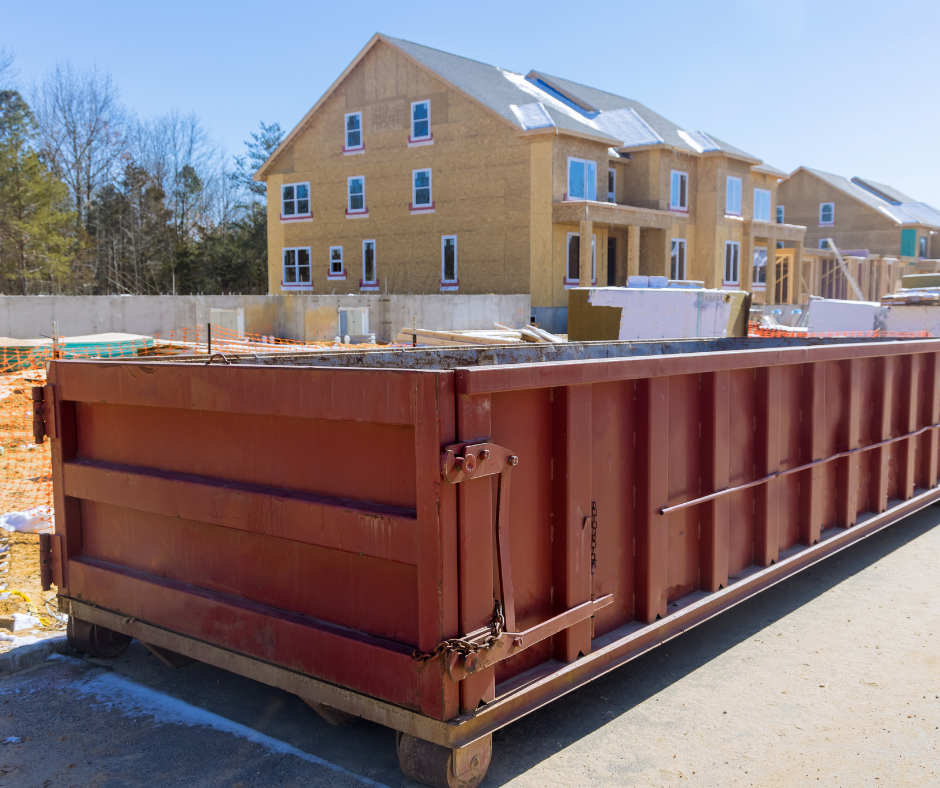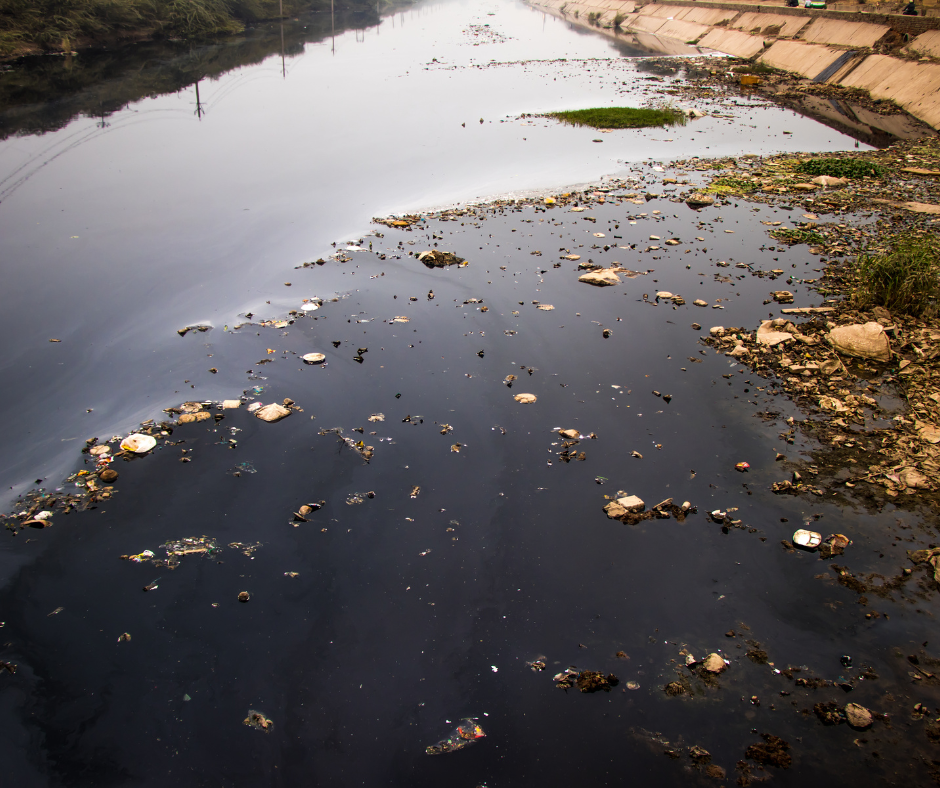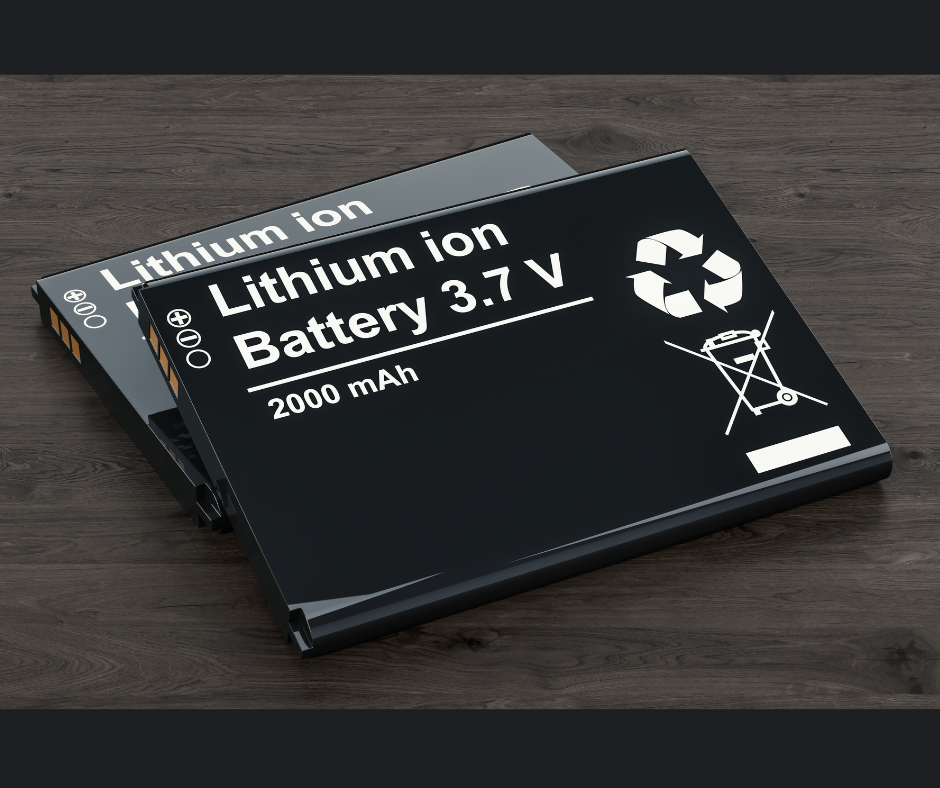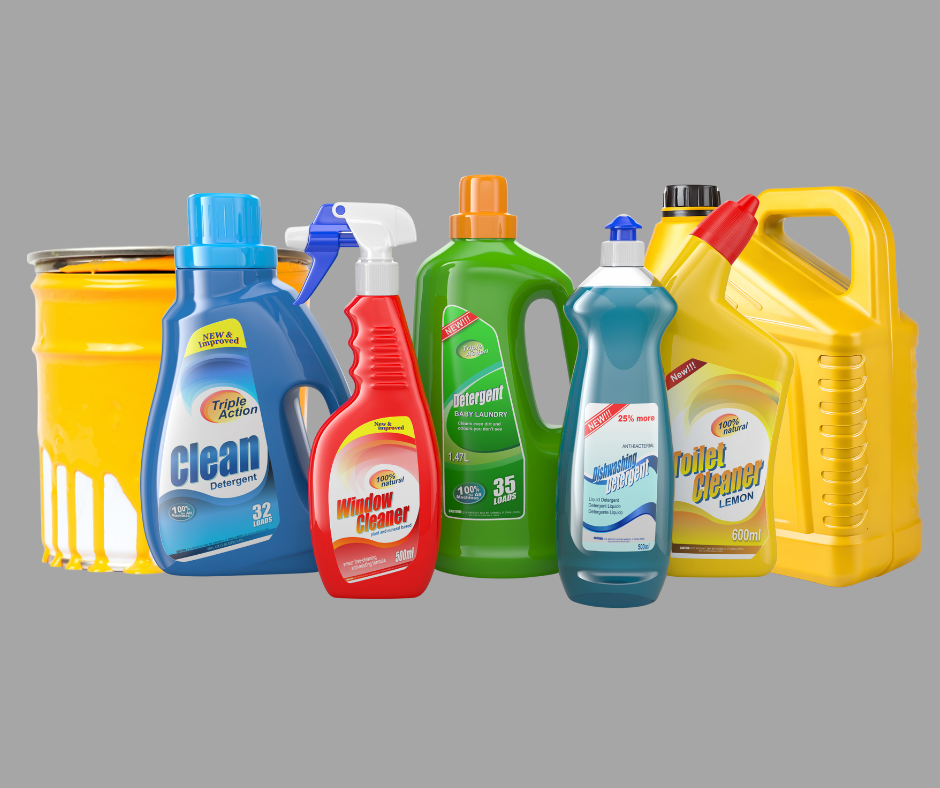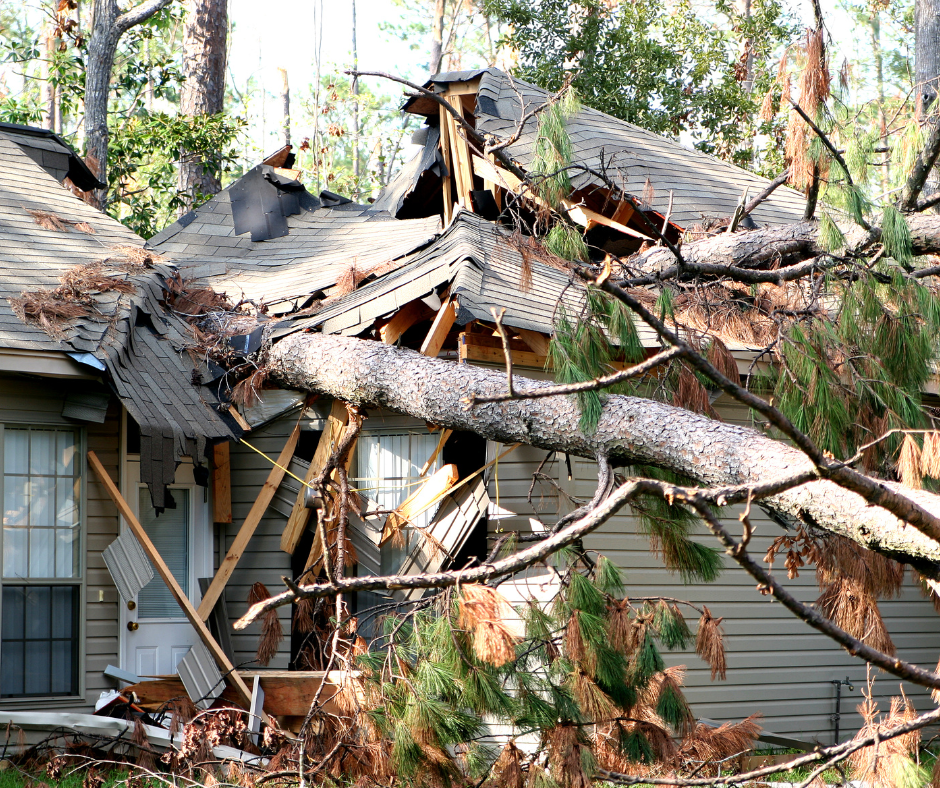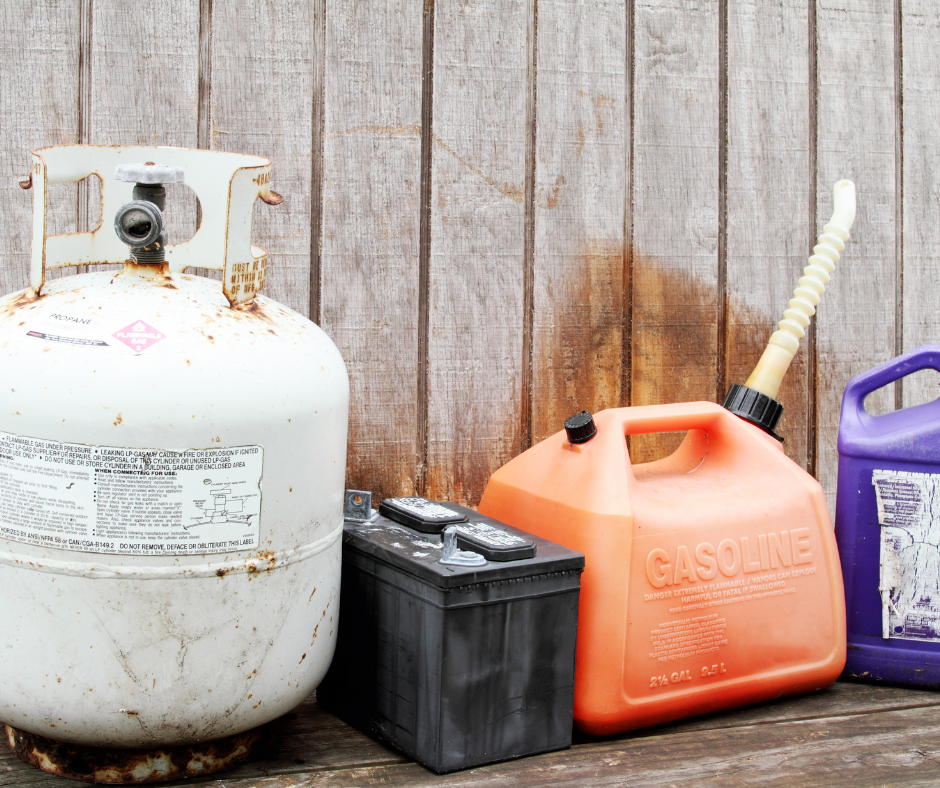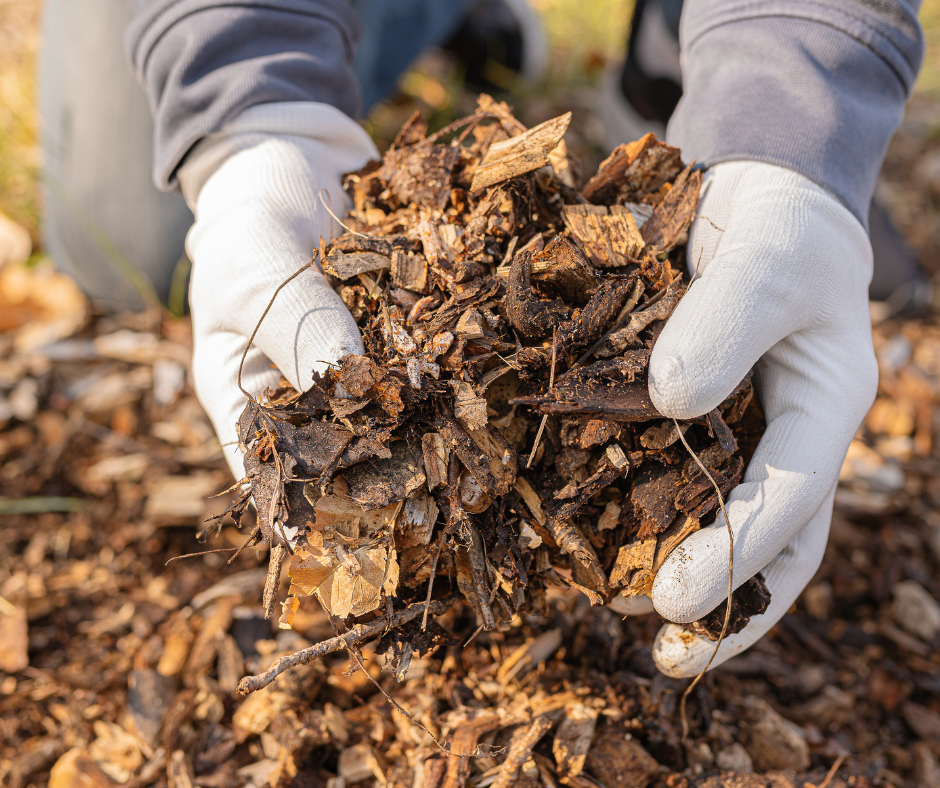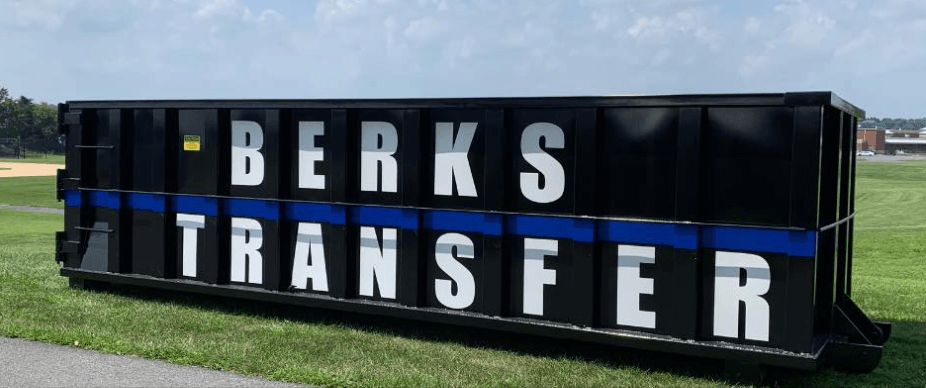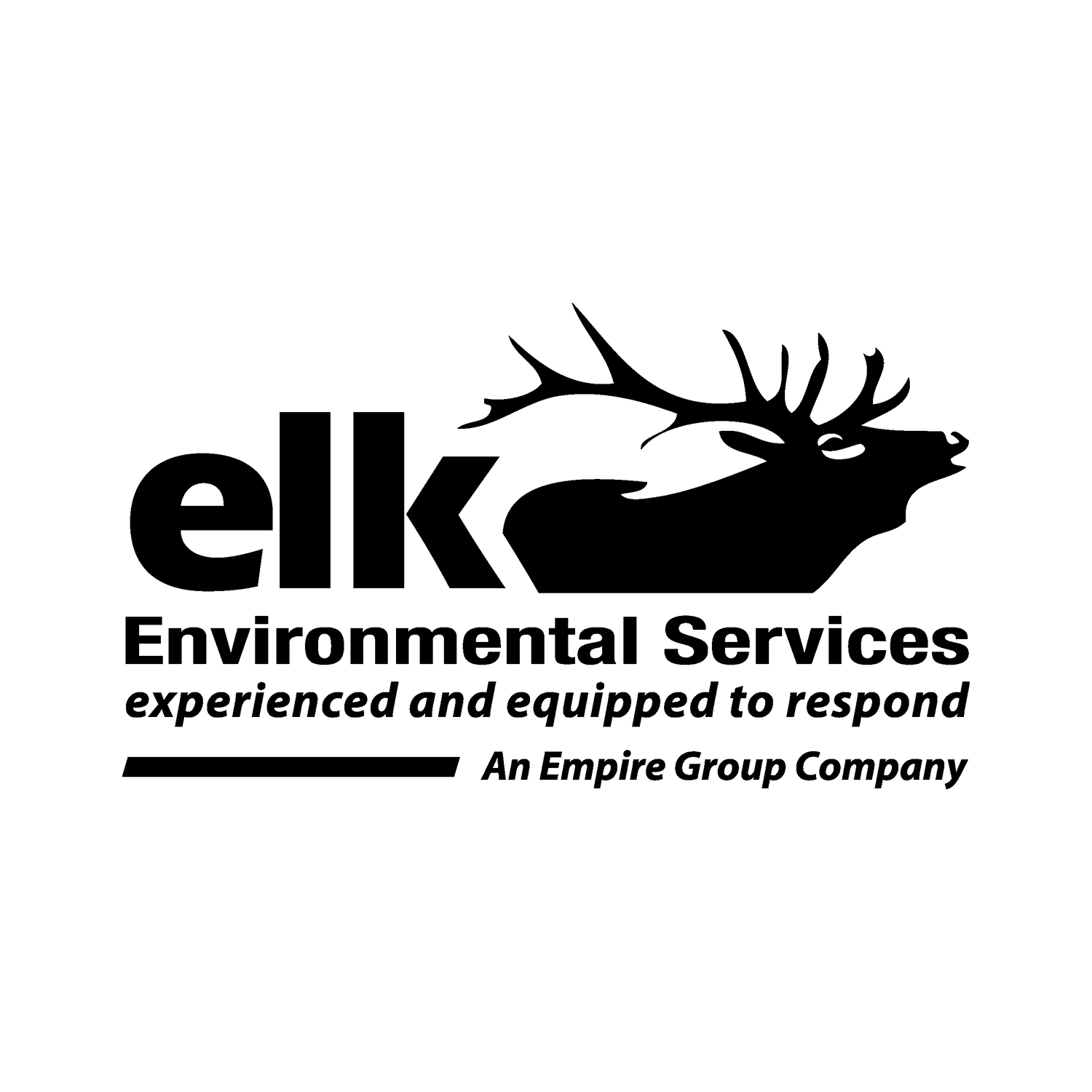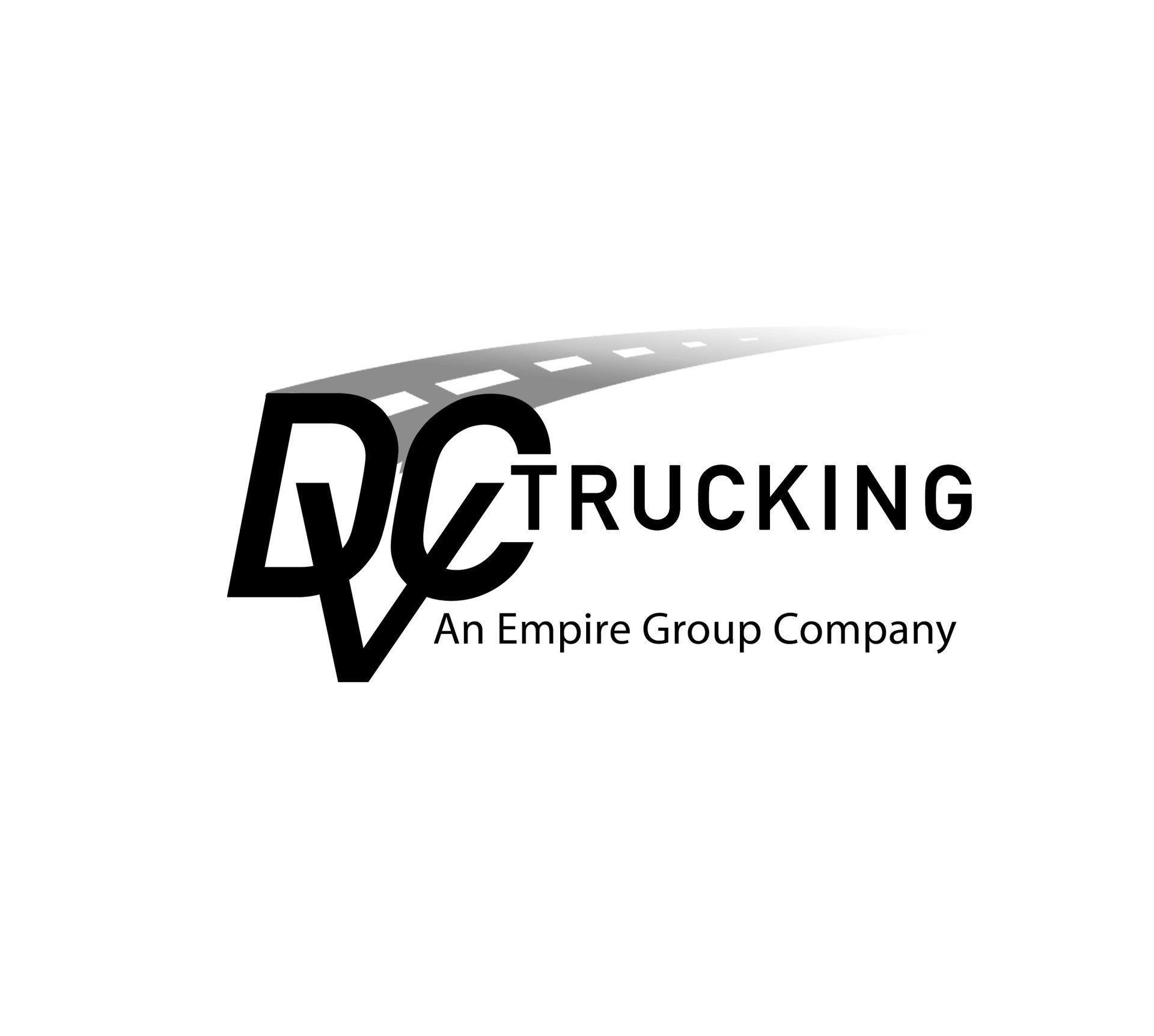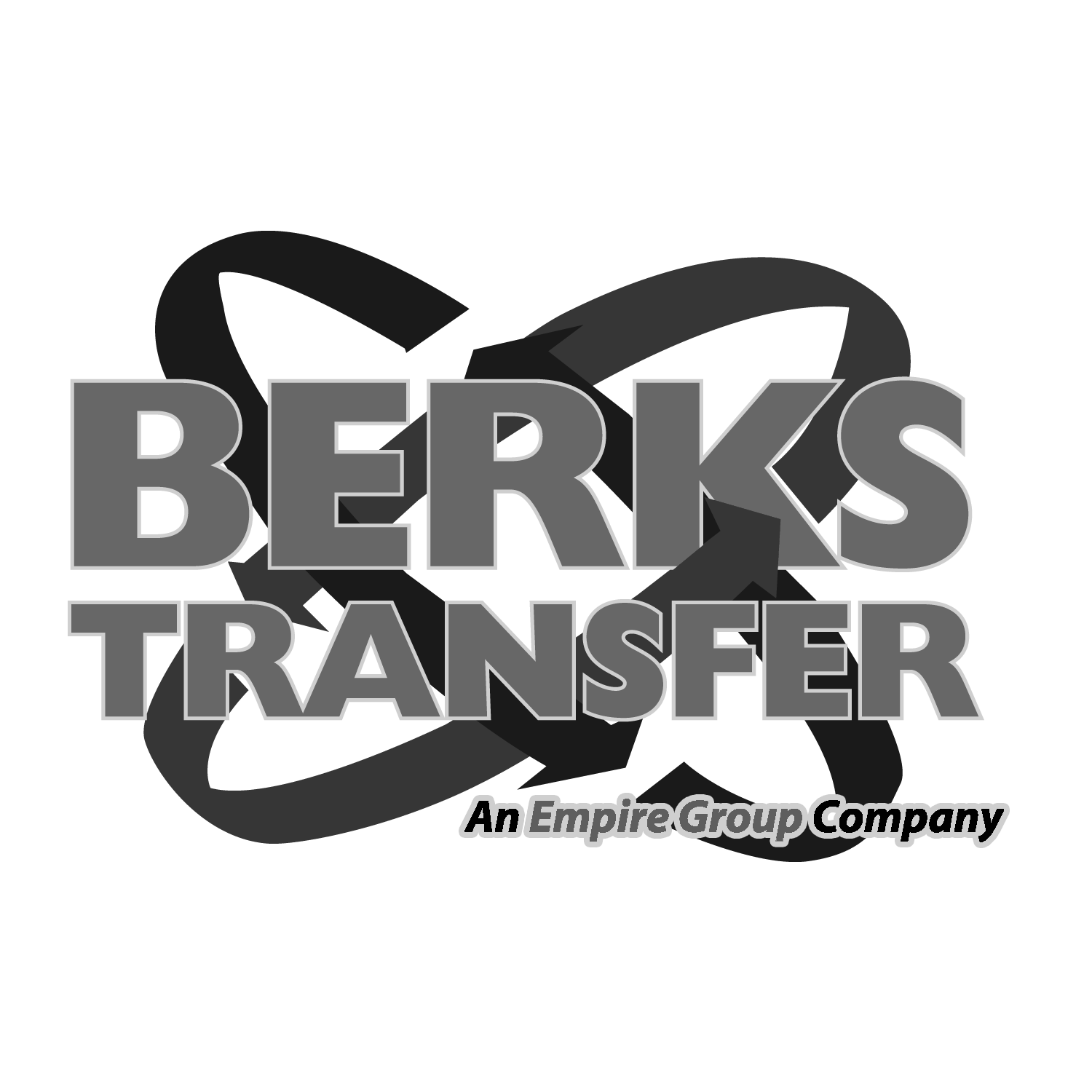This month’s issue of Waste Advantage featured an article about Pennsylvania becoming home to an exciting new business. Re-Match, is an international recycler of artificial turf fields. They’ve chosen Luzerne County as new home to its first North American recycling facility. The investment for the project will cost $12.2 million dollars.
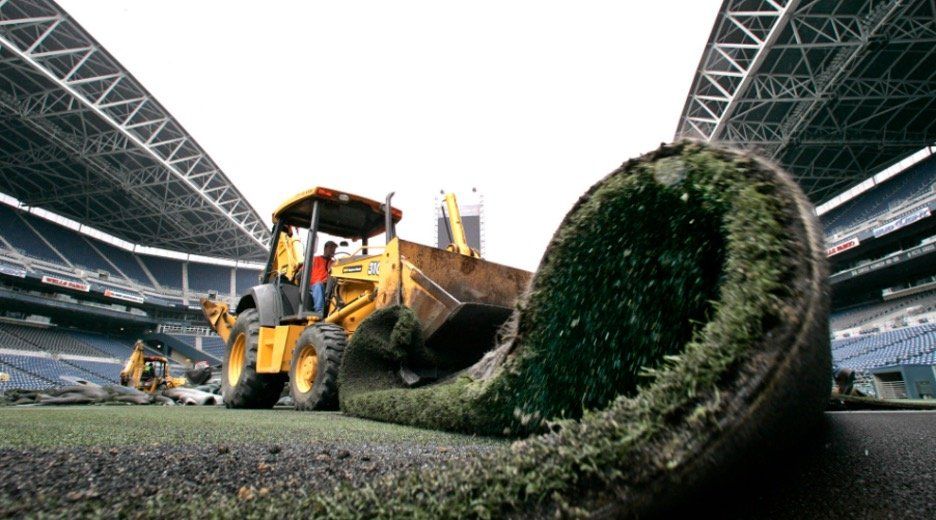
There’s a huge demand for artificial turf all over the country; as schools, sports complexes and businesses make the shift from having to maintain, chemically treat and water facilities. So, how big is the business? Apparently, it’s huge.
Think about the fact that a football field is 57,000 square feet. A running track, at a typical high schoo,l is 33,000 feet. Many schools have artificial indoor and outdoor soccer, lacrosse, and football fields. Add to that the private facilities, the colleges and universities, NFL, MLB, municipal and state recreational sites. It’s a huge amount of material that has a shelf life of about ten years, according to most experts. According to a recent post at Bobscaping, “Pete Myers of Environmental Health News brought to light additional concerns about artificial turf, including the fact that there were 120 tons (240,000 pounds) of artificial turf disposed from just two soccer fields in Virginia.”
People in our industry are calling this the next tire crisis. The US has millions of pounds of tires that don’t wind up where they’re supposed to. All tires should be disposed of outside of a landfill; where the rubber is separated from the metals, and as much product put into re-use as possible.
With the artificial turf, they use the ground up rubber from tires. So, we’ve created a “use” for the tires, but perhaps have failed to address the disposal issues with the turf. What Re-Match does is pretty amazing. They separate the materials; including sand, backing, rubber and plastic fibers to use in other production cycles – even making new synthetic turf with it.
Should your organization need transport to such facilities, please reach out to Berks Transfer at 610-926-7626 X305, and we can arrange container service for your turf removal, and transportation to your recycling or disposal site.
